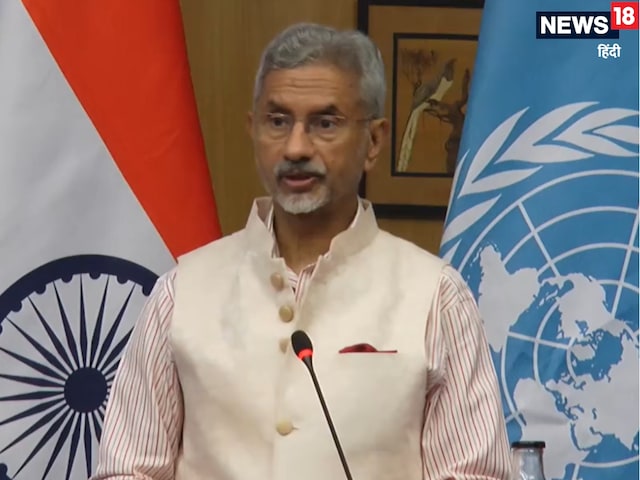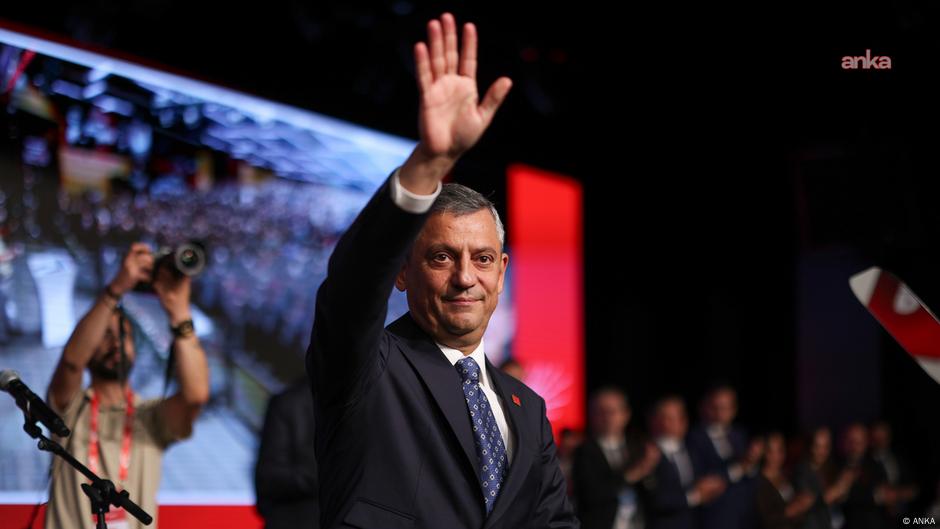Last Updated:
UN @80: On the 80th anniversary of UN, S. Jaishankar said that everything is not well in the United Nations. Improvement in this is necessary. India also raised its voice against terrorism and the Global South.
 On the 80th anniversary of UN, India’s Foreign Minister S. Jaishankar has launched a scathing attack on the global organization. (Courtesy of S. Jaishankar’s
On the 80th anniversary of UN, India’s Foreign Minister S. Jaishankar has launched a scathing attack on the global organization. (Courtesy of S. Jaishankar’sUN@80: On the 80th anniversary of the United Nations, India has given a clear message that everything is not going well in the world’s largest multilateral forum. Foreign Minister S. Jaishankar said in an event organized in New York that in this era of conflict and distrust, the need for peace is greater than ever, but the United Nations (UN) is failing in fulfilling its responsibility. Without naming them, he targeted China and Pakistan for their double standards on terrorism and indirectly raised questions on western countries like America.
Global hypocrisy exposed on terrorism
India has long been highlighting the difference between words and actions on the issue of terrorism. Jaishankar bluntly said that in the name of global strategy, victims and criminals of terrorism are being given equal status, which is extremely condemnable and dangerous. He sarcastically said, ‘When self-proclaimed terrorists are spared from the process of banning, it is a big question on the honesty of those who talk about the fight against terrorism.’ This comment clearly points towards China, which has several times blocked the resolutions in the United Nations Security Council regarding sanctions on the leaders of Pakistan-based terrorist organizations Jaish-e-Mohammed and Lashkar-e-Taiba.
mention of pahalgam
Making another big allegation, Jaishankar said that the permanent members of the Security Council openly defend the organization which had taken responsibility for the Pahalgam attack in Jammu and Kashmir. This signal was towards terrorist groups sponsored by Pakistan, which are supported at the global level. India’s Foreign Minister said that the process of meaningful reforms in the United Nations is being stopped by using the organization itself. He argues that even today the structure of the Security Council reflects the world order of 1945 and not the current global realities. Regions like India, Africa and Latin America have been deprived of permanent representation even though their role in global affairs is continuously increasing.
Speaking at the UN@80 celebrations New Delhi.






Leave a Reply